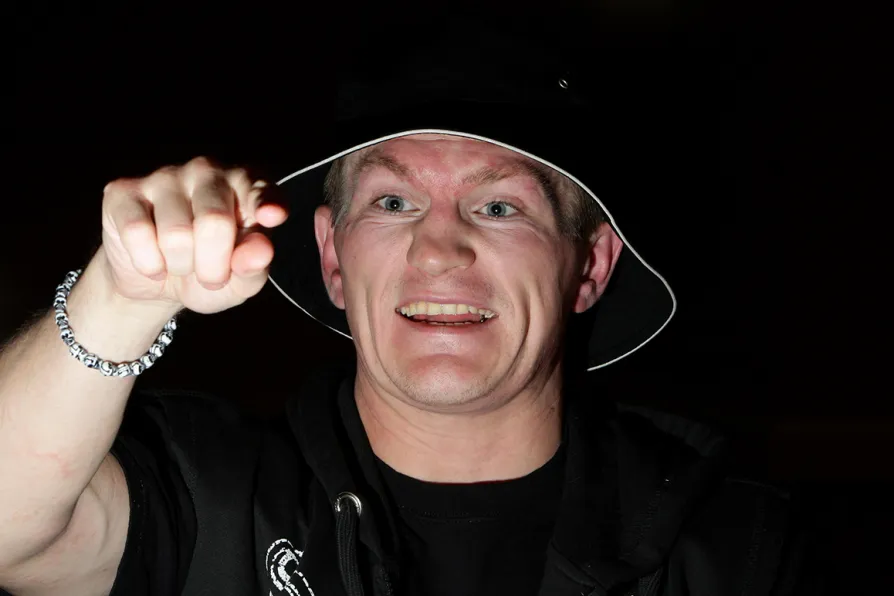

BOXING is well-nigh unique in the way that it has and continues to throw up fighters so popular that they transcend the sport to attain the status of folk hero.
This is a phenomenon of which no other individual sport can boast, precisely because, unlike any other individual sport, boxing is a sport of the working class. And being such, a given fighter’s exploits in the ring afford its working-class public the vicarious and self-reinforcing thrill of the glory that they are denied amid the daily grind and stresses of life as appendages to the machine.
To be working-class is to be oppressed by forces so invisible that you can easily become putty in the hands of a culture industry that’s in the business of sowing false consciousness. It’s how they control us, how they successfully convince enough working-class voters to tick the box marked Conservative at election time — a box which in truth should be marked “self-harm.”

When Patterson and Liston met in the ring in 1962, it was more than a title bout — it was a collision of two black archetypes shaped by white America’s fears and fantasies, writes JOHN WIGHT

JOHN WIGHT tells the riveting story of one of the most controversial fights in the history of boxing and how, ultimately, Ali and Liston were controlled by others












